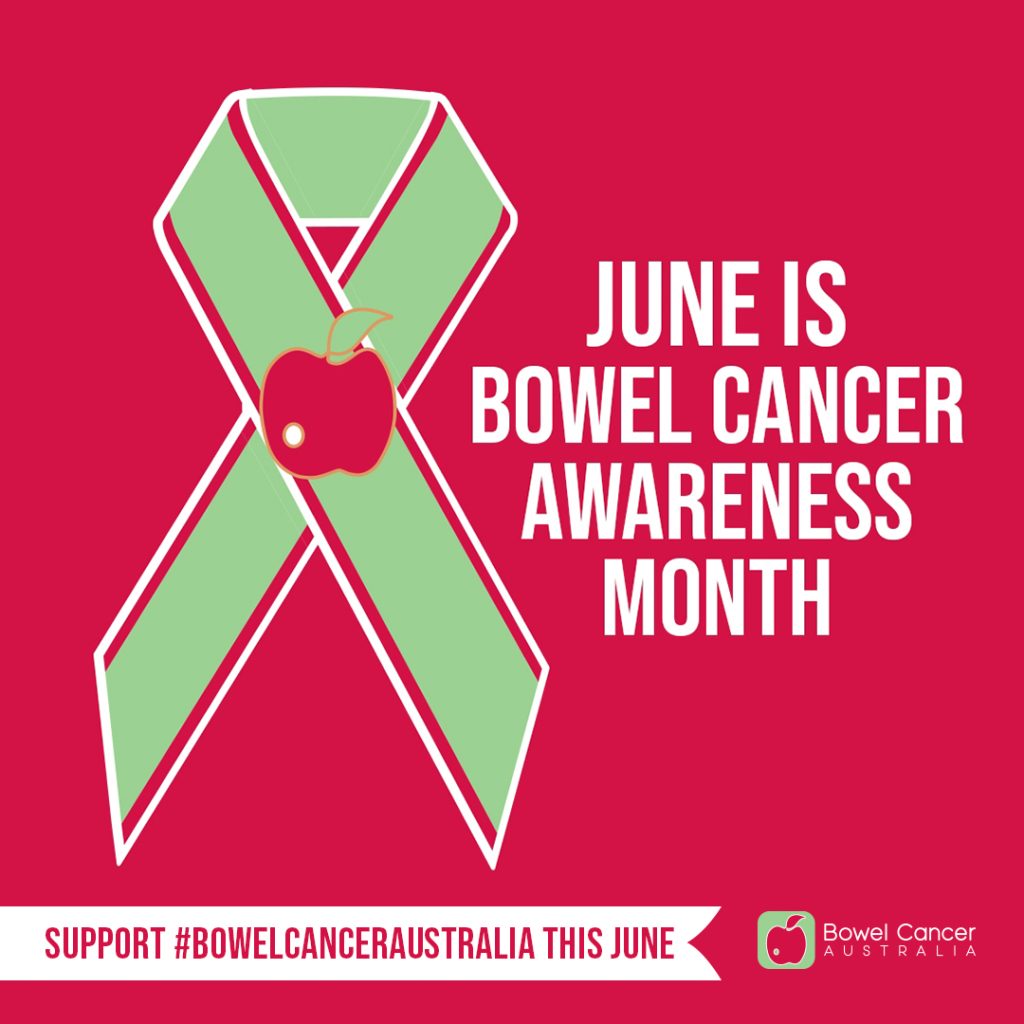Early Detection Saves Lives
Did you know that bowel cancer is one of the most treatable types of cancer when caught early? Yet sadly, it remains the second deadliest cancer in Australia. With over 100 Australians losing their lives to bowel cancer each week, raising awareness is more important than ever.
What is Bowel Cancer?
Bowel cancer (also known as colorectal cancer) can affect any part of the colon or rectum. It’s often called colon cancer or rectal cancer depending on where the tumour is located. It’s the fourth most commonly diagnosed cancer in Australia, and risk increases significantly with age – especially from age 50 onward.
The Good News: It’s Preventable and Treatable
Almost 99% of bowel cancer cases can be treated successfully if detected early. That’s why regular screening and knowing the signs and symptoms are so important — particularly for older adults.
Common Symptoms to Look Out For
In its early stages, bowel cancer might not cause any symptoms at all. However, some warning signs include:
- Blood in your poo or rectal bleeding
- Persistent changes in bowel habits
- A change in the shape or appearance of your poo
- Frequent gas, cramping or abdominal pain
- Unexplained anaemia
- A feeling of incomplete bowel emptying
- Pain or a lump in the anus or rectum
- Abdominal bloating or swelling
It’s important to remember that these symptoms can also be caused by other conditions or even certain foods or medications — but if you notice anything unusual, it’s best to speak with your GP.
Reducing Your Risk
While some risk factors can’t be changed, such as age or family history, many lifestyle choices can influence your risk:
Things that may increase your risk:
- Smoking
- High alcohol intake
- A diet high in red or processed meats
- Low levels of physical activity
Things that may help reduce your risk:
- Eating more dairy products and wholegrains
- Staying physically active
- Maintaining a healthy weight
Easy Screening Options
The BowelScreen Australia program makes it easier than ever to check your bowel health. The test is simple, hygienic, and can be done in the privacy of your own home — with no dietary changes or faecal handling required.
People aged 45 and over are encouraged to participate in the National Bowel Cancer Screening Program, which provides free screening tests by mail.
Want to Know More?
We encourage all residents to take this opportunity to learn more about bowel cancer and speak to their healthcare provider if they have any concerns.
Useful resources:
Together, we can take simple steps toward better bowel health — and possibly save a life.

